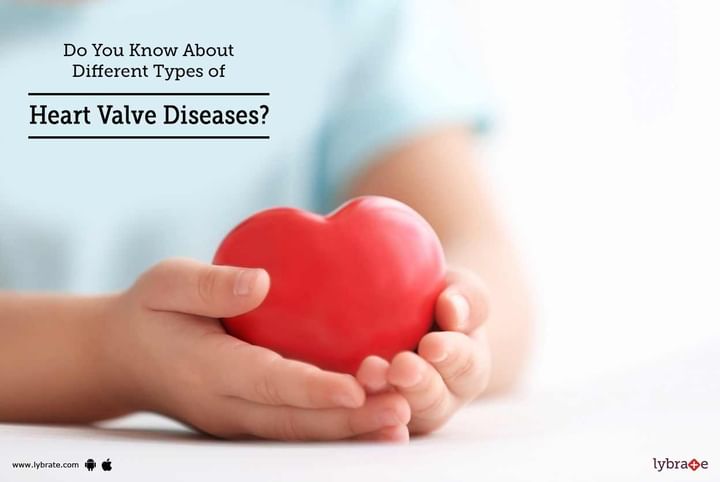Do You Know About Different Types of Heart Valve Diseases?
Your heart consists of four chambers, each chamber has a valve. These valves are responsible for ensuring that the blood flows in a forward direction and not backwards from the heart. So for the heart to pump blood properly, it is important that valves should be functional. Any damage or dysfunction of valves affects the blood flow.
Types of valve diseases
Valve damage or disorder can be of two types:
1. Valvular stenosis
In this condition, valves become rigid and don’t open fully to allow the blood to pass through. In such a situation the heart has to work harder to pump blood through the vessels, increasing the risk of heart failure. Depending upon which of the valve is affected, valve stenosis can be of four types- tricuspid stenosis, pulmonic stenosis, mitral stenosis, or aortic stenosis.
2. Valvular insufficiency
This condition is also called as regurgitation or leaky valve, as here valves don’t completely close. As a result of loose valves, some blood may flow backward. Because of the regurgitation, heart has to pump harder to ensure that blood volume in the body is maintained. The condition is called tricuspid regurgitation, pulmonary regurgitation, mitral regurgitation, or aortic regurgitation, depending upon which valve is affected.
What causes valve diseases?
Valve disease can be congenital or can result from any medical condition. At times the cause of valve disease remains unknown, but few of the common causes are:
-
Congenital valve disease: Birth defects are the most common reason for valve problems. In such a case there is structural abnormality like valves may be of wrong size or have formed leaflets.
-
Rheumatic fever: It often leads to severe infection and inflammation making the heart valves rigid impacting its functioning. It also affects the leaflets making them stick together.
-
Endocarditis: It occurs because of infection in the blood. There are certain bacterias that can attack the heart valves, which may lead to scarring of the valves, resulting in leaky valves.
Valve disorders are common and can be diagnosed with the help of regular check-ups. Your doctor might suggest some additional tests to confirm the condition.


+1.svg)
